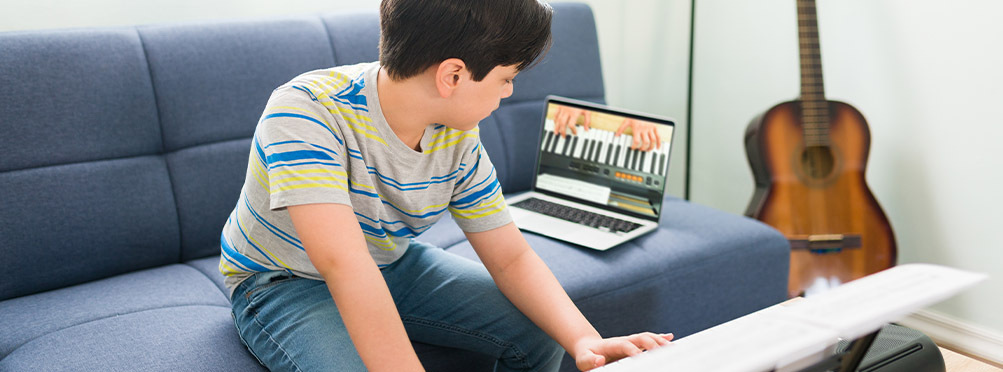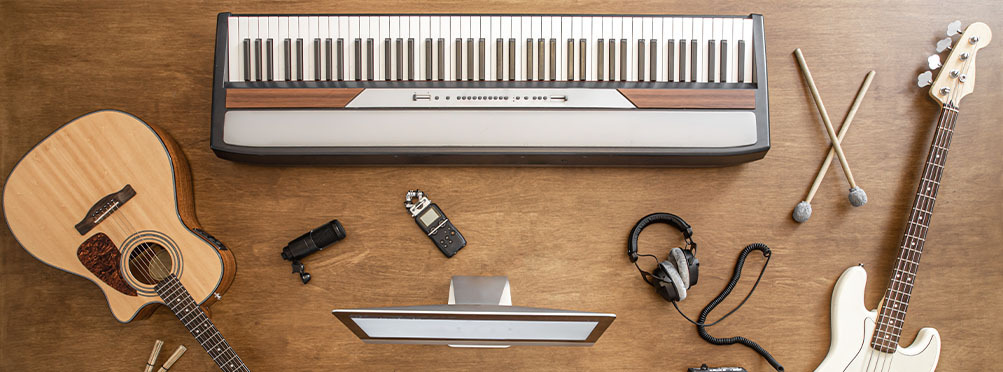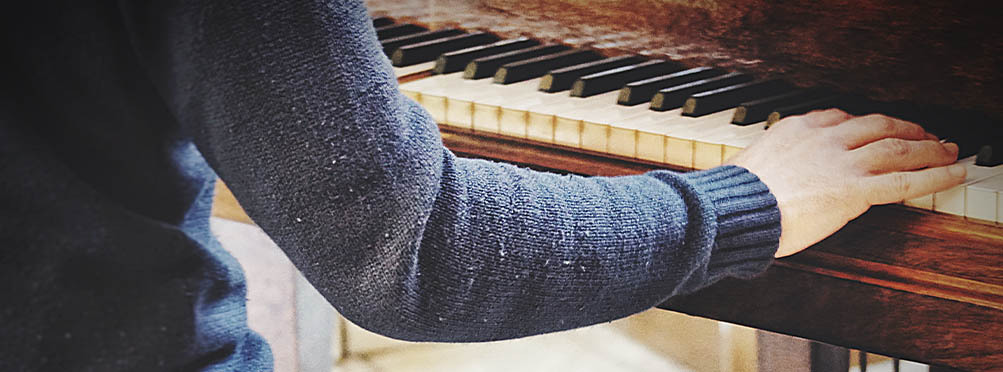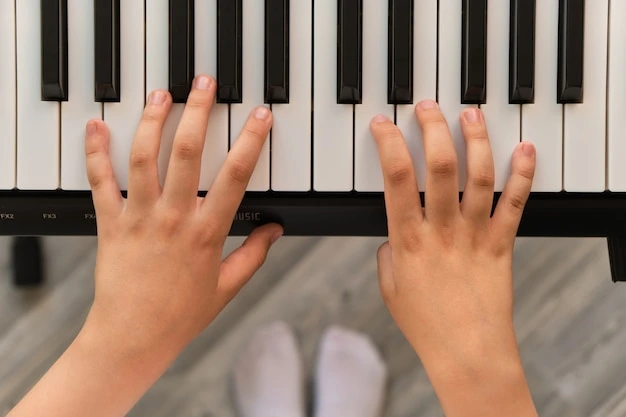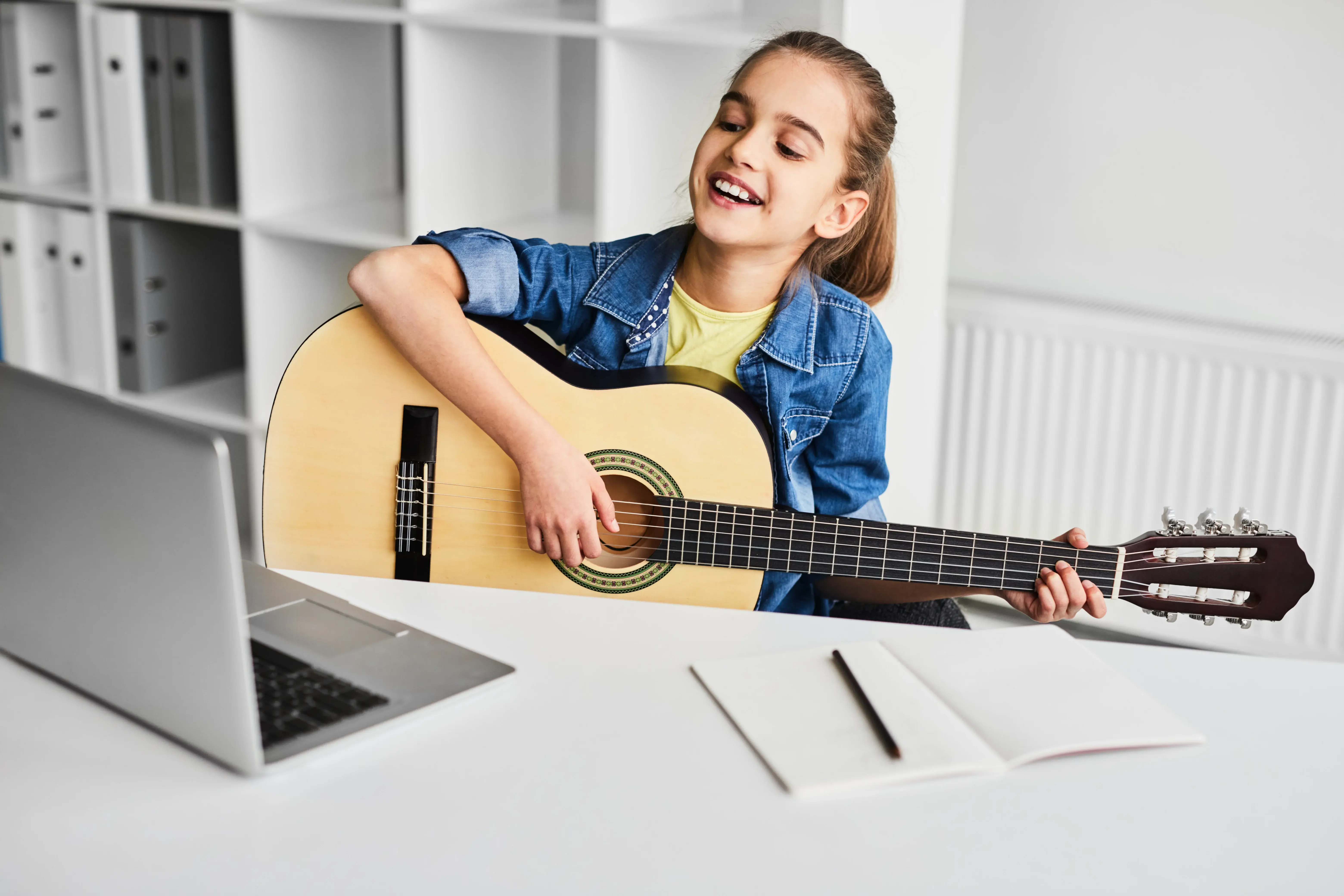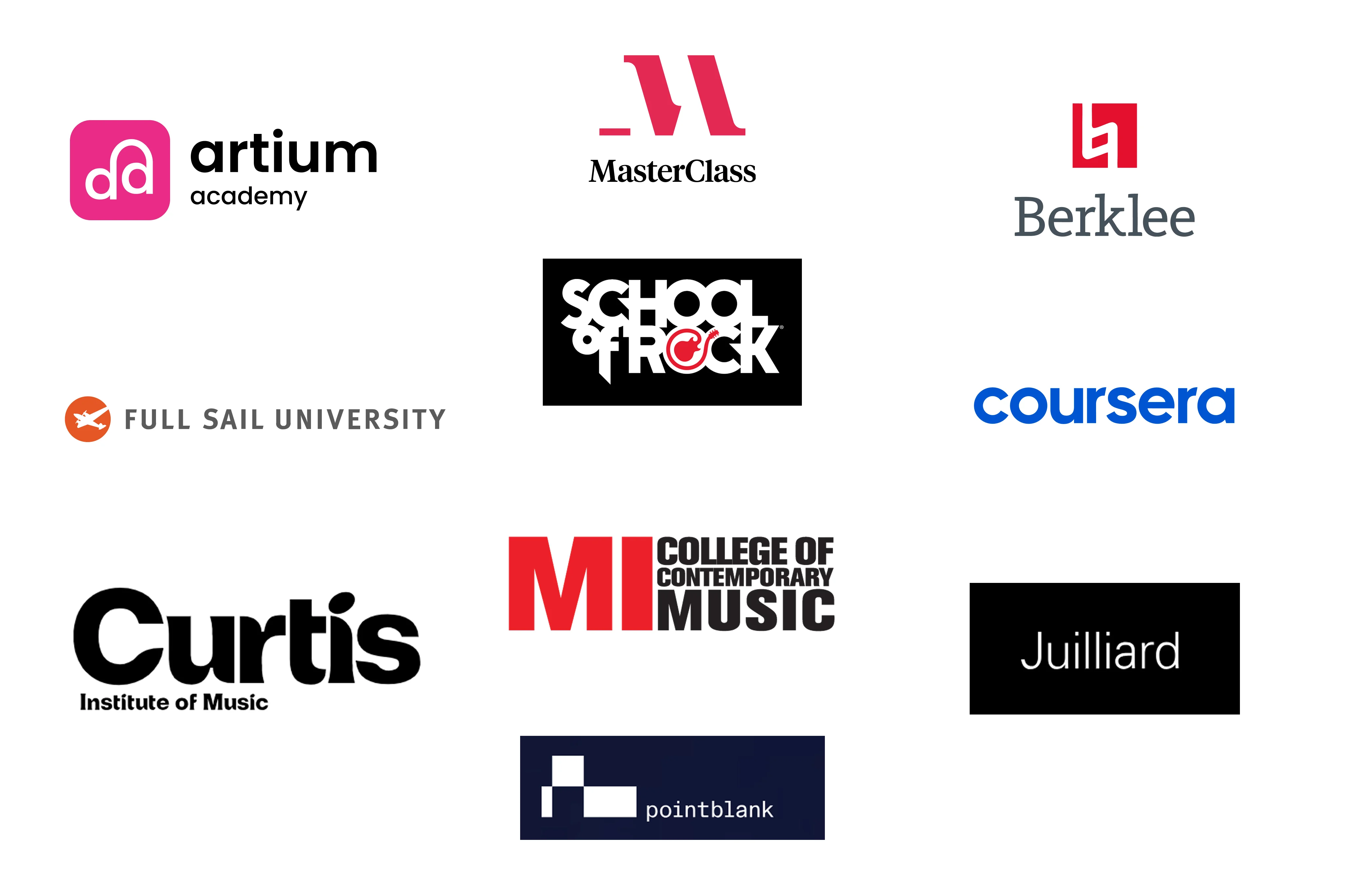Introduction
For generations, the piano has been an adored instrument, and it continues to inspire people of all ages and cultures. In recent years, the world of music has seen a significant shift as online classes have taken over. With an online music course, students get the flexibility to learn at their own pace as well as from the comfort of their homes. As a result, many people are turning to music instrument classes online.
Let’s explore the future of piano lessons and how online piano classes are revolutionizing music education in India.
But before that…
If you’re really excited to start your journey in music, start with a free trial lesson today!
Advantages of online piano lessons
- Flexible schedule
In an online music course, you can pick a time that works for you. It gives you the flexibility and convenience to choose a time on any day of the week according to your timeline. When you take traditional lessons, you have to schedule a time that works for both you and your teacher. If you are a student or parent, it might be difficult to do so.
- Teacher quality
If you don’t have a top-quality experienced teacher nearby, it’s okay, not everyone does. The quality of music education doesn’t have to be restricted within your area. With online piano lessons, you can find many experienced and established teachers who will guide you through and help you learn how to play the piano.
- More than just piano classes
Learning how to play the piano opens a whole new world of interacting and socialising. At Artium Academy, we have various other benefits that you can reap with our practice studios and goal-based tracking ladder. Not just that, we also have exclusive master classes from industry experts. Opportunities like this aren’t quite possible with traditional classes.
The Role of Technology in online piano lessons
Technology in music education is an essential part of a contemporary pedagogical approach to music learning. The advent of technology has opened up a new world of possibilities for piano enthusiasts, allowing them to hone their skills at their own speed, at their own time and at any place.
Technology also allows teachers to remotely monitor the progress of their students, provide guidance and customize their teaching strategies as needed. Students can get real-time feedback and direction from their teachers via online teaching platforms, making the learning experience more engaging and successful.
At Artium Academy, we’ve designed a virtual piano keyboard that lets piano learners practice anytime, anywhere.
Overcoming the Limitations of Traditional Piano Lessons
There are certain limitations that come along when you take traditional piano lessons. These include limited options for teachers, a strict curriculum and sometimes a lack of personal guidance. On the other hand, online classes offer solutions to all these problems. Students can take classes at their own pace and at times that are convenient for them. Customised curriculums and one-on-one training create a personalised learning experience that ensures students receive the attention they require to achieve.
Online piano lessons also provide a plethora of materials, such as interactive practice tools and video sessions, which make learning more enjoyable and accessible. Students can transcend the constraints of traditional piano instruction and accomplish their musical objectives by joining online piano classes.
Takeaway
With the growth of online piano teachers, the future of piano lessons is bright and hopeful. With the swift development of technology, online piano lessons have become an increasingly popular alternative to traditional in-person instruction. They not only give convenience and flexibility but also access to a diverse choice of certified and experienced teachers from across the world.
We at Artium Academy, provide the advantages of online piano lessons along with the best tools. Our professional and educated instructors have been carefully chosen to give our students an unparalleled learning experience. We provide a number of programmes, including personalised one-on-one sessions,a practice studio, goal based progress ladder, masterclasses with industry experts, and a full curriculum tailored to the needs of each individual. With our expert teaching program, we assure each student a great learning experience. Book a free trial and start now!
Q. How much does an online piano teacher cost?
Ans: Cost of an online piano teacher depends on their qualifications and experience. But, on an average, a piano session with an online teacher may range between Rs. 500 – Rs. 2500/session.
Q. Is it possible to teach piano online?
Ans: With the growing popularity of digital learning tools & platforms, online learning has become more popular. Online platforms have made learning music more accessible, interactive and personalized with real-time feedback and lesson plans.
Q. Is it OK to learn piano online?
Ans: Yes, learning piano online is one of the preferred ways to learn. With access to structured courses, expert guidance, and interactive learning tools, online learning makes learning engaging, flexible and effective.
Q. What is the best online program to learn piano?
Ans: The best online program to learn piano is the one that accommodates learning preferences, teaching quality and structured lesson plans. Artium Academy offers piano courses designed and certified by legendary Louiz Banks. With customised 1:1 learning, expert faculty, progress tracking, practice studio and masterclasses, Artium’s piano courses have something for everyone.
Q. How many hours does it take to learn piano?
Ans: This depends on the learners’ dedication, practice routine and musical background. That being said, here’s a rough breakdown of how many hours it takes to learn piano – Beginner level > 51-100 Hours (to play simple melodies and chords), Intermediate Level > 200 – 500 hours (to play fluently with both hands and understand music theory), and Advanced Level > 1,000+ hours (to master techniques, improvisation, and performance-level playing).
Q. What are the 12 notes of piano keys?
Ans: The 12 notes on a piano keyboard are the fundamental building blocks of music. These notes repeat across multiple octaves and are categorized as: Natural Notes (White Keys): C, D, E, F, G, A, B, Sharp/Flat Notes (Black Keys): C#, D#, F#, G#, A# (These are also called Db, Eb, Gb, Ab, Bb depending on the key signature) Together, these 12 notes form the foundation of Western music, and learning to recognize and play them is essential in any piano training for beginners.

